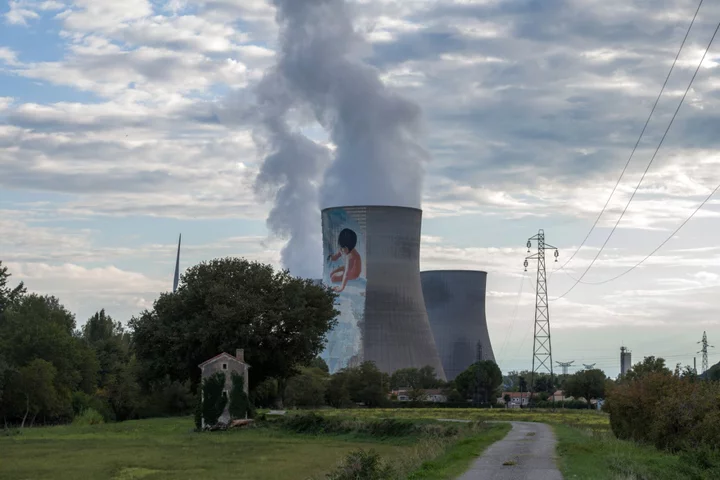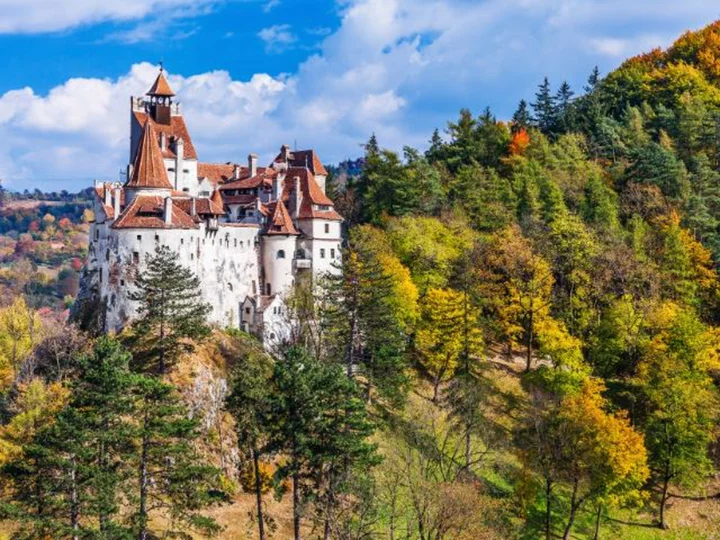A key European Union law on scaling up renewable energy has been delayed amid last-minute wrangling over the role of nuclear power, fueling concern over the bloc’s Green Deal.
Member-state officials had been due to signal their support for the Renewable Energy Directive at a meeting Wednesday, paving the way for a formal vote as soon as next week. Yet arguments over how nuclear can help industries meet climate goals — particularly in France — saw the law struck from the agenda.
The delay is a further blow for the EU’s Green Deal, with various elements thrown into doubt by countries’ domestic political concerns. France — which relies on nuclear for the bulk of its electricity supply — has been pushing to allow a greater role for the technology in the energy transition.
The RED is aimed at expanding technologies such as wind and solar to 42.5% of the energy mix by the end of the decade. A further date to address the directive has not yet been set by Sweden — which holds the EU’s rotating presidency — according to people familiar with the matter.
The delay echoes a last-minute hiccup that hampered legislation on slashing emissions from cars earlier this year as Germany pushed to include so-called e-fuels in the regulation. After weeks of quarreling, the country was able to find a solution with the European Commission that involved assurances of a carve-out for the fuels.
Back in March, EU negotiators reached a deal on expanding renewable energy by 2030, providing a small role for nuclear. The accord allowed countries to reduce their green-hydrogen targets for industry if they mainly used nuclear power — rather than fossil fuels — to produce the rest of their hydrogen and kept renewable goals on track.
But France, Slovakia, Hungary, Poland, the Czech Republic, Bulgaria and Romania all signaled they wouldn’t support that agreement, according to a person with knowledge of the matter. And Markus Pieper, the center-right European Parliament lawmaker responsible for negotiating the deal, has previously admitted only Sweden would be able to benefit from the carve-out.
Another segment of the Green Deal — the ReFuelEU Aviation initiative, aimed at increasing the use of sustainable fuel in air travel — was also pulled from Wednesday’s agenda, the people said.
(Updates with countries not supporting agreement in seventh paragraph.)









